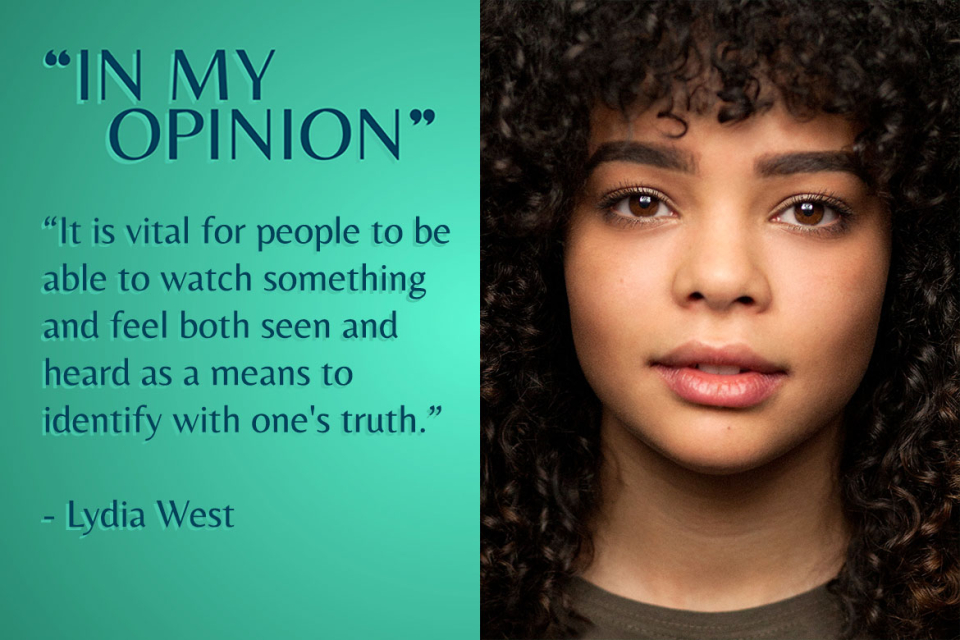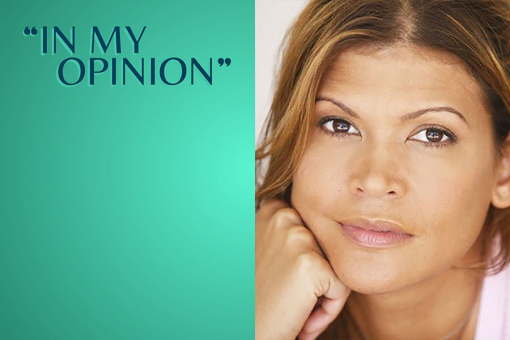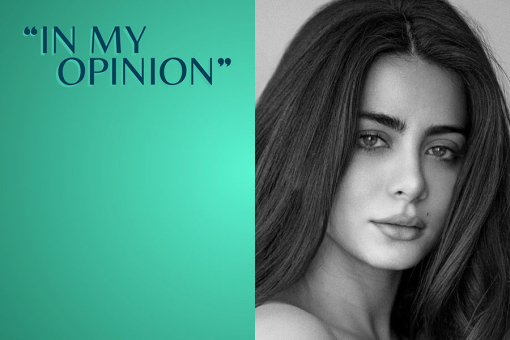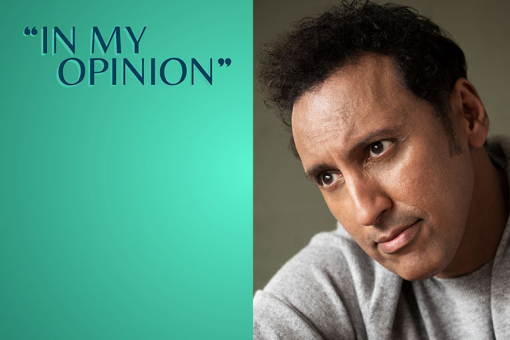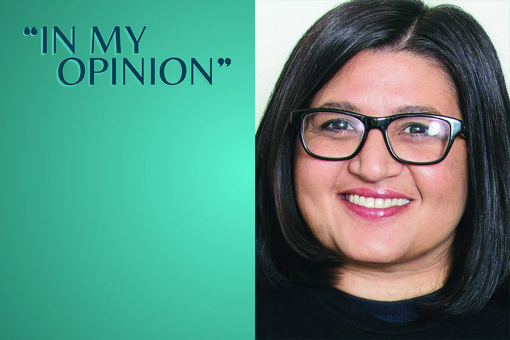As a young mixed-race actress, growing up in the early 2000s, I don’t remember seeing as many Black women in leading roles in mainstream television and film as I did their white counterparts. Only now while launching a career, I have learned to understand the full impact of how important representation is onscreen, in media and performing arts.
For identity and personal development, it has been proven that stories impact our lives, how we see others, and how we see ourselves. It is therefore vital for people, with a great emphasis on young people in their formative years, to be able to watch something and feel both seen and heard as a means to identify with one's truth.
In recent years, I have seen a shift in content produced by Black creatives, telling Black stories for all their truth. Michaela Coel’s I May Destroy You truly depicted the Black British-lived experience and it was a cultural phenomenon to see that in 2020. I would love for that not to feel like a phenomenon but more the norm. I believe the industry is moving forward positively and there is now a universal understanding that marginalised or muted voices are having a light shined upon them; and I understand the full importance of keeping this movement going.
What I hope the industry and peers can take from my words? Spreading the key message of how crucial representation is for young people. As an Academy, a way to contribute could be by encouraging, retelling, showcasing and awarding Black and other underrepresented communities for their work. As for creatives and teams in front of and behind the camera, engaging in an active effort to tell deep stories from a truthful 360 degree gaze, reflecting a social scape of the Black experience and just human life in all of its beauty, joy and power ... which may mean rewriting the narrative.
Lydia West recently starred as Jill Baxter in the Channel 4/HBO Max series It’s a Sin.
Discover more "In My Opinion" articles.
The statements and viewpoints expressed in the article above are solely those of the author, and do not necessarily represent or reflect the opinions or viewpoints of the Television Academy, the Television Academy Foundation, or their members, officers, directors, employees, or sponsors.

